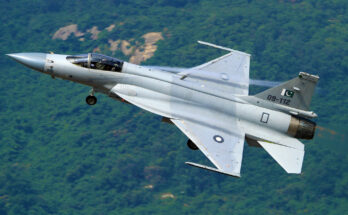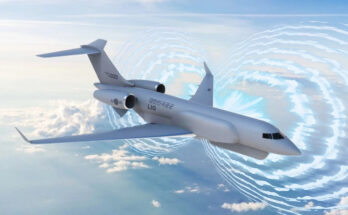The U.S. State Department notified Congress via the Pentagon’s Defense Security Cooperation Agency (DSCA) on July 8 of a pair of potential Foreign Military Sales to Taiwan worth a combined $2.224 billion. The potential sales on tap include a request for 108 M1A2T Abrams main battle tanks, plus 14 M88A2 Hercules vehicles and 16 M1070A1 Heavy Equipment Transporters (HETs), as well as 250 Block I -92F man-portable air defense (MANPAD) Stinger missiles.
The two FMS proposals illustrate what appears to be a fresh U.S. approach to defense sales with Taiwan, marking a step away from the former practice of bundling multiple defense contracts into one large FMS package. This piecemeal case-by-case practice is intended to “normalize” defense relations with Taiwan and mitigate fallout with China such as occurred during the previous, batched announcements.
The United States has tentatively approved the sale of $2 billion in military hardware to Taiwan, in a move likely to exacerbate deteriorating ties between Washington and Beijing https://t.co/FWiCOAXF8s
— The New York Times (@nytimes) July 9, 2019
While China will undoubtedly continue voicing its displeasure with U.S. arms sales to what it regards as an extension of the mainland country, the separation of such deals is viewed as a means of establishing Taiwan as a normal FMS partner on a level of a country like Singapore or Japan.
But on tap looms a potential sale that is sure to draw China’s ire: a plan by the Trump administration to sell Taiwan up to 66 F-16V Block 70 combat aircraft. Taiwan is currently in the process of upgrading its 140 legacy F-16 A/B variants to Viper configuration, but selling the island state brand-new models would be viewed by China as crossing a red line. Earlier requests by Taiwan were denied by the previous administrations of George W. Bush and Barack Obama.
Such a sale would come at a time when both the U.S. and China are looking to revive stalled trade talks following the broad trade dispute that has created a rift in the already-delicate relationship between the two nations. The U.S. has engaged in a campaign to push back against China’s Huawei Technologies and its 5G capabilities, which Washington fears could be used for spying and cyber-offensive campaigns against its interests and those of its allies.
Taiwan, meanwhile, is forging ahead with plans to reduce its dependence upon foreign-sourced military hardware under a defense industrial indigenization effort championed by President Tsai Ing-wen.
While a departure from this indigenization effort, the F-16V request is seen as necessary by Taipei, as its former qualitative military edge over China has eroded over the past two decades. Together with the ongoing F-16 upgrade program, the purchase request is central to regaining a semblance of ample capability and capacity in order to mitigate the People’s Liberation Army Air Force (PLAAF) threat of air superiority over both the Taiwan Strait and the island itself.

Dan Darling is Forecast International’s director of military and defense markets. In this role, Dan oversees a team of analysts tasked with covering everything from budgeting to weapons systems to defense electronics and military aerospace. Additionally, for over 17 years Dan has, at various times, authored the International Military Markets reports for Europe, Eurasia, the Middle East and the Asia-Pacific region.
Dan's work has been cited in Defense News, Real Clear Defense, Asian Military Review, Al Jazeera, and Financial Express, among others, and he has also contributed commentary to The Diplomat, The National Interest and World Politics Review. He has been quoted in Arabian Business, the Financial Times, Flight International, The New York Times, Bloomberg and National Defense Magazine.
In addition, Dan has made guest appearances on the online radio show Midrats and on The Media Line, as well as The Red Line Podcast, plus media appearances on France 24 and World Is One News (WION).




